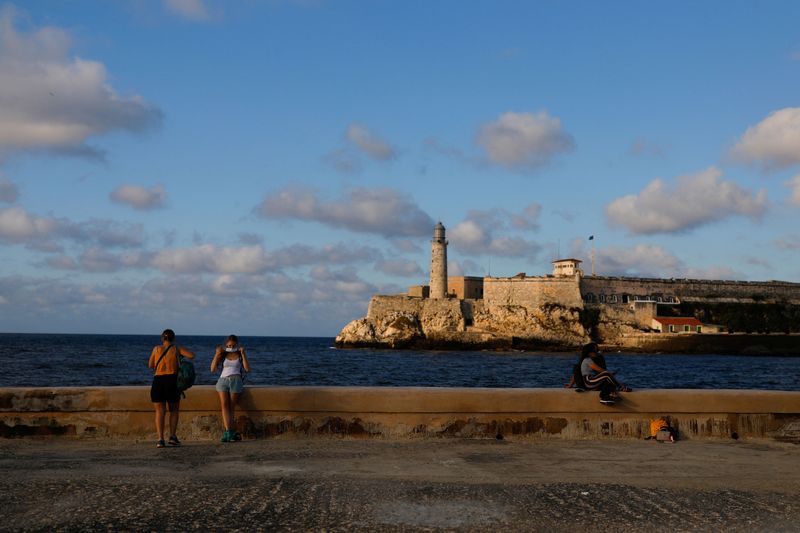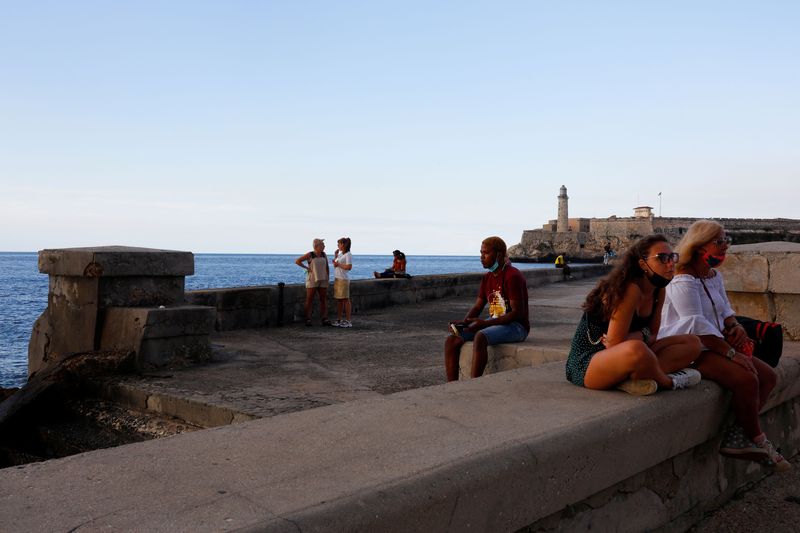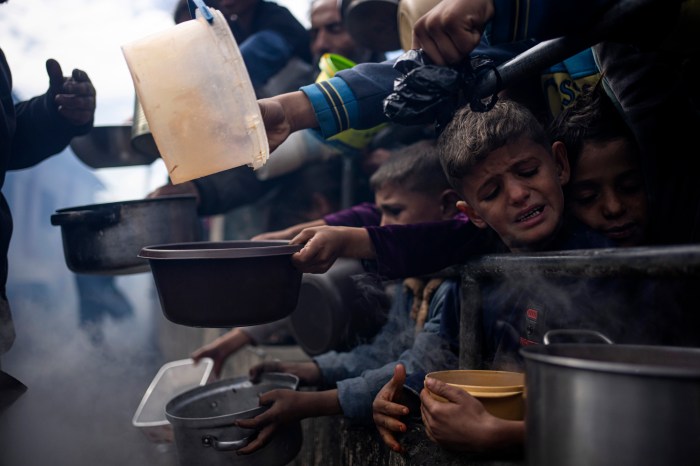HAVANA (Reuters) – Cuba’s widespread COVID-19 vaccination coverage and early move to inoculate its children proved pivotal in beating back the highly infectious Omicron variant before it ever took hold on the island, local and international experts say.
Omicron arrived in Cuba in December but fell far short of the pronounced spike in cases seen in many other places and infections have since fallen off by more than 80%, official data shows.
Deaths have remained at around 10% or less of their peak throughout the Omicron wave, according to a Reuters tally.
Globally, Omicron has proven far more infectious than the Delta variant, but also, less likely to cause severe illness. That said, soaring caseloads could be one explanation for the surge in hospitalizations in many countries, scientists say.
Brazil-based virologist Amilcar Perez Riverol said that while case numbers vary widely from country to country depending on the rate of testing, it appeared that Omicron struggled to take hold in Cuba or cause surging deaths or severe illness.
“It appears that Omicron is not going to have anywhere near the impact that Delta had in Cuba, or even the impact that it is having in other countries, nor will it exert the pressure on the hospital system as in other countries,” Perez Riverol told Reuters.
Young children in particular have become vulnerable to the spread of Omicron in many countries as some vaccines, including those produced by Pfizer , Moderna and Johnson and Johnson, have yet to be approved by global regulators for those under 5 years old.
Cuba, whose Communist rulers have long sought to stand out among developing countries by providing a free healthcare system and one that focuses on preventative treatment such as vaccinations, developed its own COVID vaccines and became the first country in the world to begin the mass vaccination of kids as young as age 2.
Health workers on the Caribbean island have since fully inoculated 1.8 million children between 2 and 18 years of age, or upwards of 96% of the total, with no serious side effects reported, according to official Cuban data.
Eduardo Martinez, president of the state-run pharmaceutical firm BioCubaFarma, said that campaign set Cuba apart in its fight against Omicron.
“Elsewhere in the world, the virus is circulating more in the pediatric population, but that is not happening in Cuba,” he said.
Cuba´s success to date against Omicron comes as a relief to authorities. A spike in cases in 2021 and economic crisis resulted in food and medicine shortages, power blackouts and the largest anti-government protests since Fidel Castro´s 1959 revolution.
HIGH VACCINATION RATE
Local and foreign experts say the emphasis on children, the wide reach of the country´s inoculation campaign, a fast-paced booster program, and widespread “hybrid immunity” that comes from a combination of infection during previous waves followed by vaccination have also helped stave off Omicron.
Cuba has fully vaccinated 87% of its total population, and nearly 94% have received at least one dose, placing it among the top three globally among countries of at least 1 million people, according to official statistics compiled by ‘Our World in Data.’
Cuban scientists said prior to the Omicron surge that their protein-based Abdala, Soberana 02 and Soberana Plus COVID vaccines give upwards of 90% protection against symptomatic illness when offered in three-dose schemes.
Cuba has yet to publish large-scale late stage trial data, nor has it applied to the World Health Organization for approval of its vaccines. The journal Vaccine earlier this month published promising data from phase I clinical trials for two of the country’s homegrown vaccines, Soberana 01 and Soberana Plus.
(Reporting by Dave Sherwood and Marc Frank; Editing by Michele Gershberg and Frances Kerry)




















